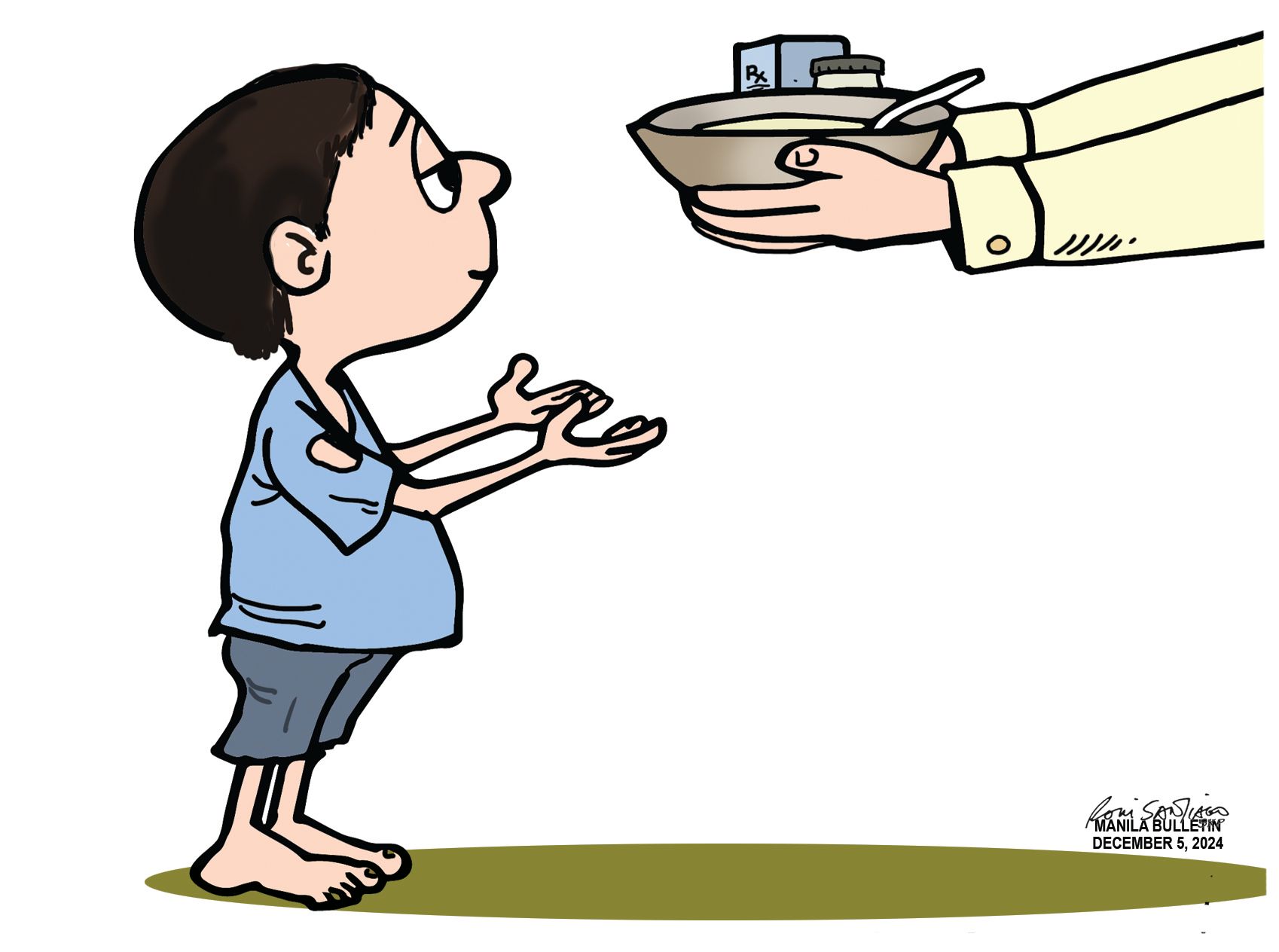Strengthening the fight vs malnutrition: A unified call for healthier options

The urgency of tackling malnutrition and stunting among Filipino children has been emphasized by President Marcos on Dec. 3 with instructions to the Department of Health (DOH) to intensify campaigns promoting healthier food options. This directive aligns with the ongoing implementation of the First 1,000 Days Program, which underscores the critical window of opportunity from conception to a child’s second birthday to lay the foundation for lifelong health and well-being.
The President made the directive during his meeting with officials of DOH and other concerned agencies to discuss the strategies, initiatives, challenges, and ways forward on the implementation of DOH’s First 1,000 Day Program.
The First 1,000 Days Program is anchored in the Kalusugan at Nutrisyon ng Mag-Nanay Act (Republic Act 11148), enacted in 2018, which institutionalized nutritional interventions for pregnant and lactating mothers and children up to two years old.
President Marcos’ renewed focus highlights the persistent malnutrition crisis that afflicts one in three Filipino children under five years old, according to the latest data. Stunting, a condition of chronic malnutrition, not only limits physical growth but also impairs cognitive development, or the process of brain changes that enable people to think, learn, and reason. Such a factor continues the cycle of poverty.
The success of the First 1,000 Days Program hinges on a coordinated, multi-sectoral approach. In addition to the DOH, key government agencies supporting the program include the Department of Social Welfare and Development (DSWD), the Department of Agriculture (DA), the Department of Education (DepEd), and the National Nutrition Council (NNC). These agencies play vital roles in delivering complementary programs such as conditional cash transfers, school-based feeding, and community-driven agricultural initiatives.
President Marcos’ directive calls for scaling up education and advocacy on healthy eating habits. The DOH should expand its campaigns on balanced diets, integrating practical information about affordable and accessible local food sources. Public health professionals and community health workers could disseminate this knowledge through barangay-based seminars and social media platforms to reach a broader audience.
The President also said the government must focus on more initiatives to help local government units (LGUs) prioritize spending on nutrition and health issues to promote better health and good well-being.
Additionally, the DOH must strengthen the implementation of existing programs, such as the Micronutrient Supplementation Program and nutrition-sensitive programs, which provide iron, vitamin A, and other critical nutrients to mothers and children. Partnering with LGUs to improve the distribution of fortified foods and supplements will also be crucial in addressing regional disparities.
The private sector has emerged as a key ally in the fight against malnutrition. Many companies are now investing in sustainable food production, developing fortified products, and supporting feeding programs. There are many organizations that support initiatives that align corporate social responsibility efforts with the goals of the First 1,000 Days Program. Partnerships with food manufacturers can also promote the reformulation of processed foods to reduce unhealthy ingredients and add nutritional value.
Educating the public about healthier eating options requires more than campaigns; it demands systemic changes to make nutritious food accessible and affordable. Subsidies for locally grown vegetables, improved market access for farmers, and stricter regulations on junk food advertising are essential measures. Schools, too, must become nutrition hubs by incorporating gardening programs and nutrition education into their curricula.
The First 1,000 Days Program, launched nationally in 2016 under the DOH, represents a comprehensive strategy to address malnutrition at its roots. President Marcos’ call to action is a reminder that the success of this program depends on shared responsibility. By empowering communities, strengthening partnerships, and prioritizing the well-being of mothers and children, the Philippines can build a healthier, more resilient future for its people.